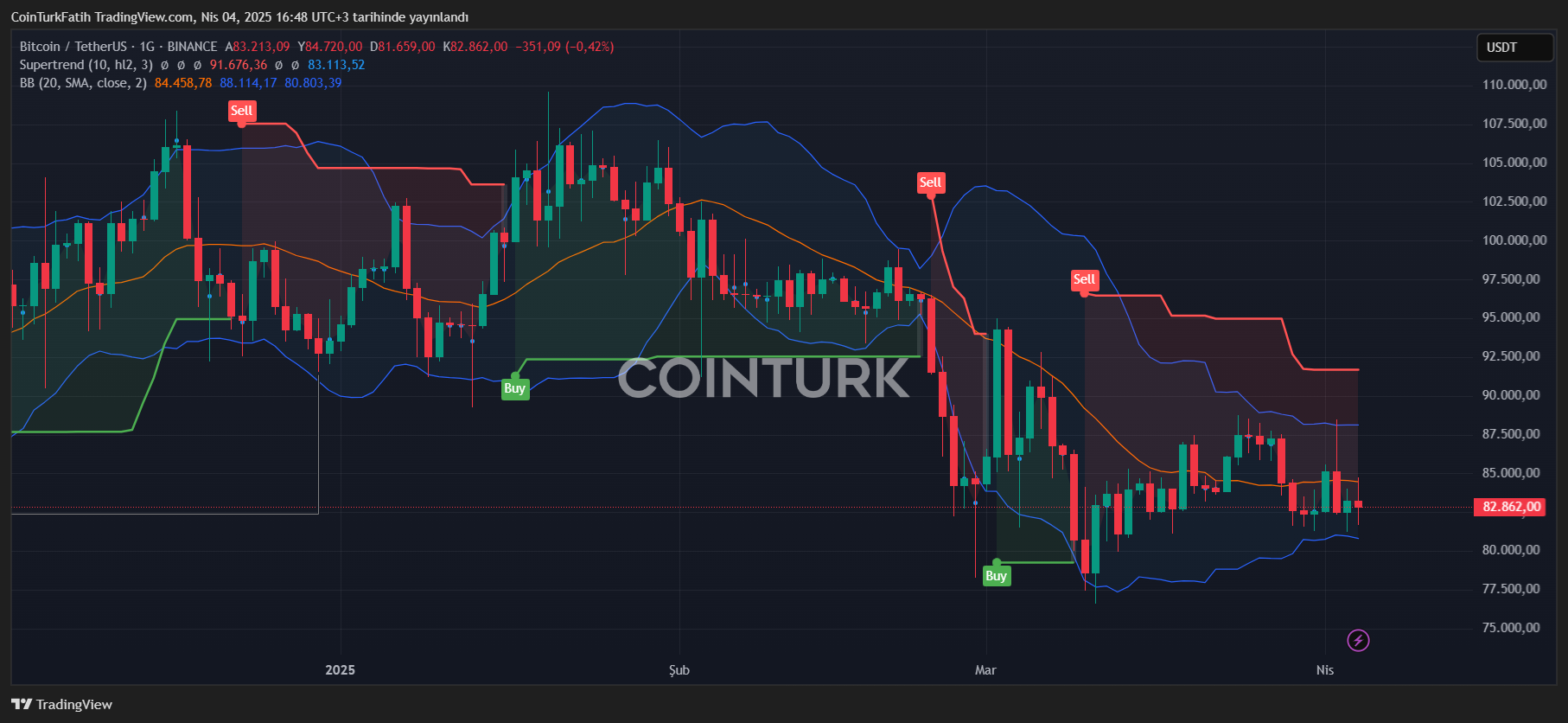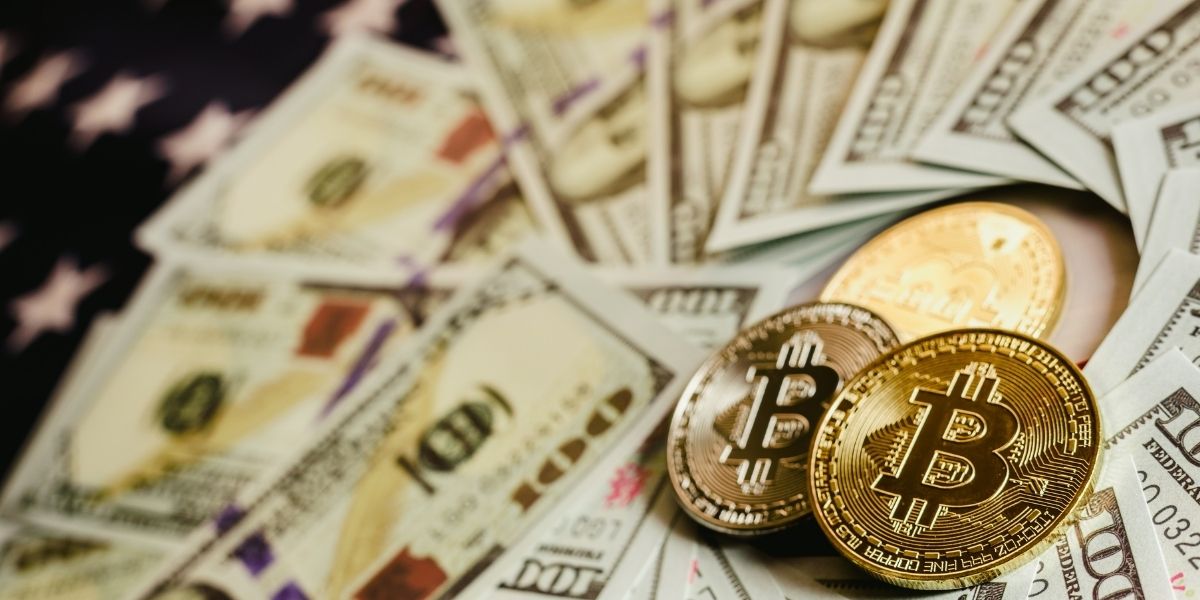China has decided to retaliate, while Germany and France are attempting to persuade the EU bloc to respond. Trump appears resolute, showing no intention of backing down regardless of the consequences. With a 34% additional tariff, China has initiated a cycle of retaliation, adding 11 US companies to a list of unreliable entities to amplify the impact of its measures. Cryptocurrency investors need to be aware of numerous critical developments.
US Data and Trade War
In March, the US created 228,000 jobs nationwide, exceeding expectations and marking an increase over the past two months. However, the unemployment rate rose to 4.2%, surpassing forecasts. Amid this chaos, an important detail has been overlooked: due to Trump’s immigration restrictions, the share of those born abroad in employment has also decreased in the past month. The aging US population is inversely affecting the participation of immigrants in the labor force.
The significant contribution to March’s labor data came again from healthcare and social assistance, which accounted for 78 jobs, representing 45.6% of last year’s job growth. This suggests that the increase in the labor force is more reliant on the service sector than on production. The entertainment and hospitality sector generated 43,000 jobs, retail contributed 23,700 jobs, and the government added 19,000 jobs, while manufacturing reported only about 1,000 jobs.
The labor force participation rate for those aged 25-54 is approaching record levels last seen in the late 1990s.
With the tariffs, Japanese stock markets dropped by around 12%, while US markets fell by about 10%. China, Germany, Canada, and the UK faced relatively less impact.
In the latest report by Omair Sharif, founder of Inflation Insights, he highlighted the slowdown in wage growth, indicating that rising prices due to tariffs have made it harder for US citizens to cope, signaling an increasing need for monetary expansion.
Cryptocurrencies and China’s Moves
China announced an additional 34% tax, leading Trump to post on Truth, “China played wrong, they panicked – the only thing they can’t afford!” By adding 11 US companies to its unreliable entities list, China has prohibited them from doing business in China or with Chinese companies. A few of these companies are:
- Skydio: A company importing critical components like lithium-ion batteries from China, producing autonomous drones with a market value of $2.5 billion.
- Kratos Unmanned Aerial Systems: Importing various components from China and Hong Kong, valued at $4.65 billion, it provides solutions in defense and security.
Others similarly manufacture unmanned aerial systems, vehicles, and defense systems. China is also implementing a licensing system to restrict the export of seven rare earth elements, essential in various industries from electric vehicles to smart bombs.
“The US’s actions are not consistent with international trade rules, severely undermining China’s legitimate rights and interests, and are typical unilateral bullying.” – China
Jude Blanchette, Director of the RAND China Research Center, remarked;
“Beijing can no longer maintain the narrative that diplomatic engagement with the Trump administration will prevent a full-scale trade war. The sanctions and tariffs imposed on Beijing are so severe that there is little incentive for China to act with restraint.”
Cryptocurrency investors need to recognize that we are amidst an unavoidable global trade war. In March, negotiations failed, and instead of seeking exemptions by shifting production to the US, China chose to retaliate. Consequently, stagnation in global trade seems inevitable, forcing nations to pursue monetary expansion to sustain their economies.
Even the US is adopting a weak dollar strategy to gain export advantages, making the Fed’s statement that “our inflation target of 2% has not been met, and despite the potential collapse of our production economy and massive unemployment, we will not lower interest rates” seem absurd.

A decrease in interest rates should mean an increase in cryptocurrencies. The risk of this global trade war escalating into a hot war is an undeniable reality for long-term investors.

 Türkçe
Türkçe Español
Español









